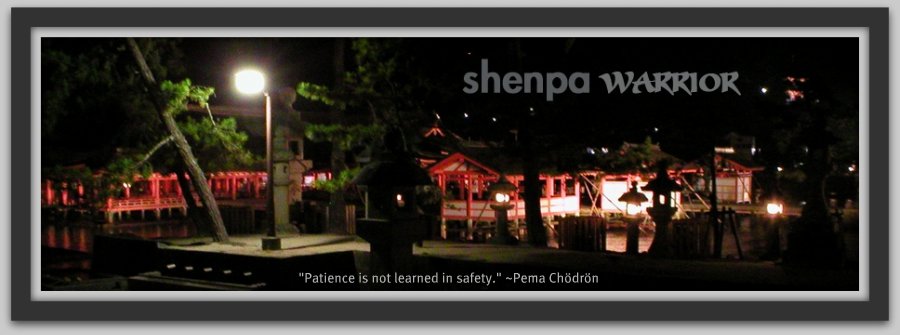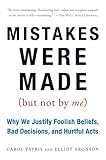To tide you over I wanted to post the final version of what I wrote on Prop. 8 for Sunstone Magazine in December.
It is an adaptation of my post here a few months ago, so it's not required reading. ;)
I Love You, Period.
I tried to remain as neutral as possible on the gay marriage debate, passing it off with, "Well, I don't live in California, so I don't have to make a decision." However, as the saying goes, "the personal is political."
My sister is gay. That has made this debate personal.
Just a few months ago I was talking with my sister’s friend (who is also gay) defending my LDS friends who believe the “I love you even though you’re gay” sentiment. I was arguing that one could love a gay family member and not accept (or even like) his or her sexuality.
My thinking shifted when she explained that for many people (possibly even me), their sexuality is a fundamental part of their personhood. So to truly love any kind of person, gay or otherwise, you cannot say, “I love you even though…” you have to say, “I love you, period.”
If my sister is gay, and God made her that way just as He made me straight, then I love that she is gay. For me, to be against gay marriage is to be against my own sister. How can I tell her, "You know, I love you but I really hate this particular fundamental part of who you are." I refuse to do that.
If that attitude is in conflict with the teachings of my faith, then it is something that I will have to just sit with, perhaps for the rest of my life. I love my sister too much, and I love my faith too much (which, paradoxically, has become more personal and more inspiring than ever in my life).
I hope my friends and family who disagree with me will be understanding and not decide that I have lost my testimony or am not following the prophet, both of which miss the point. There are simply some things you cannot reconcile or explain into neat categories. You just have to sit with them.
The best I can do is to allow this tension to make me a little softer, a little more humble, a little more patient. A little more like the One I claim to follow.


